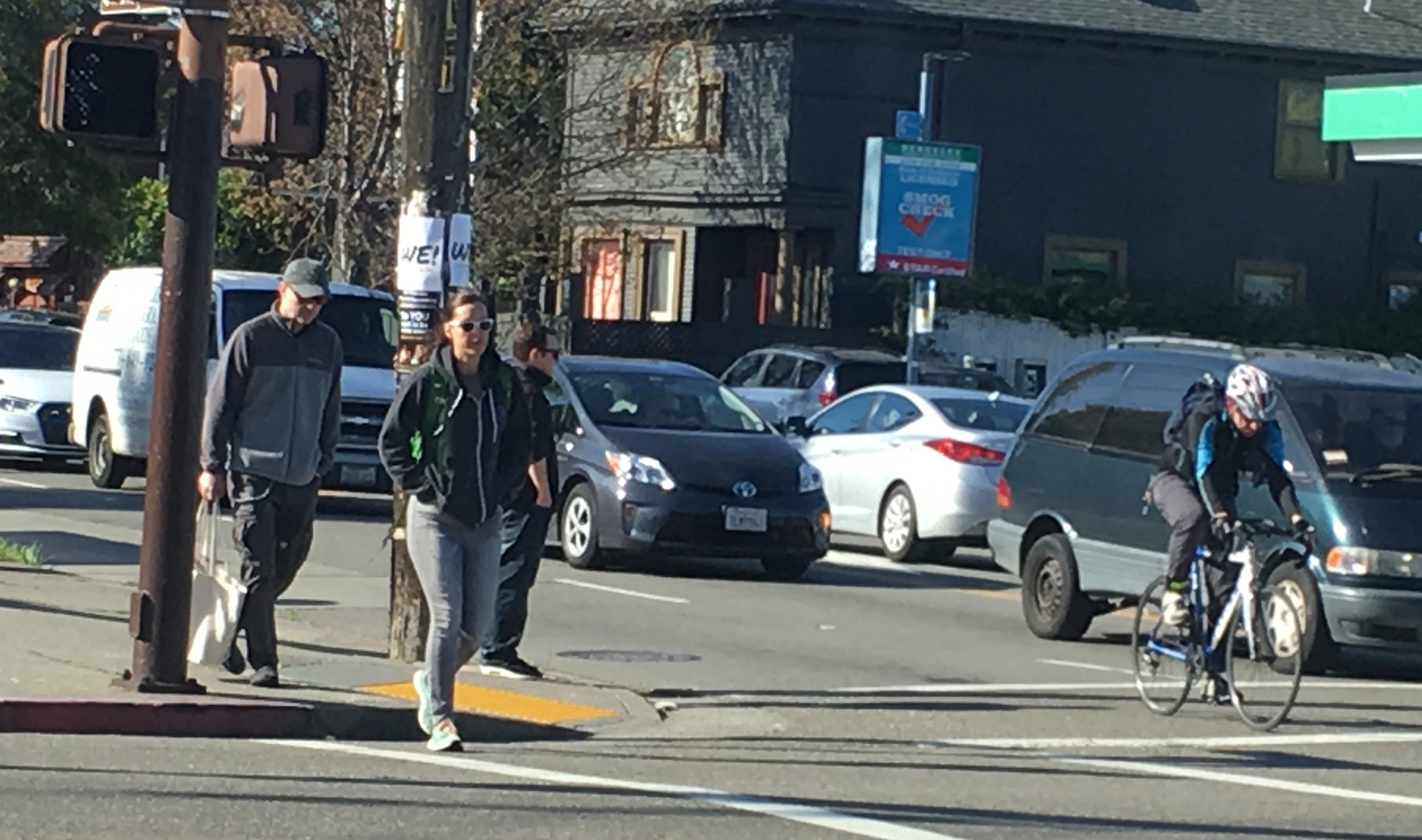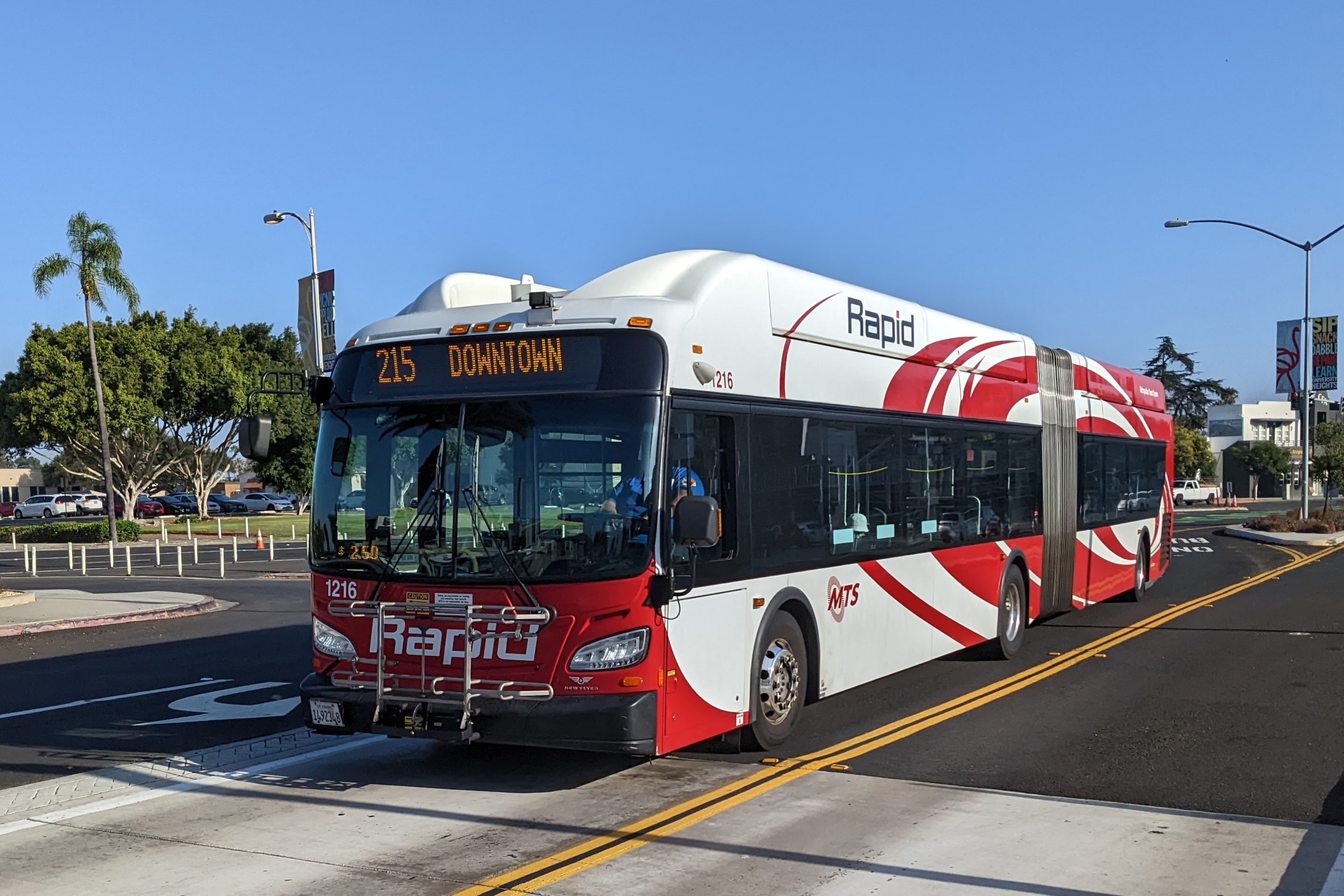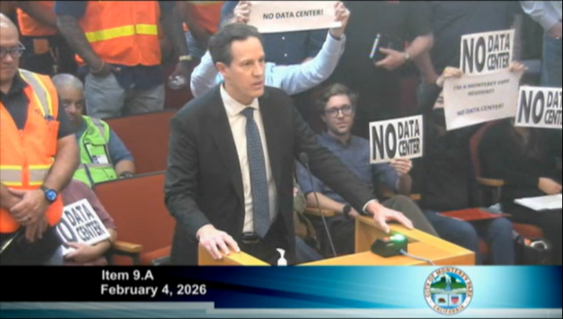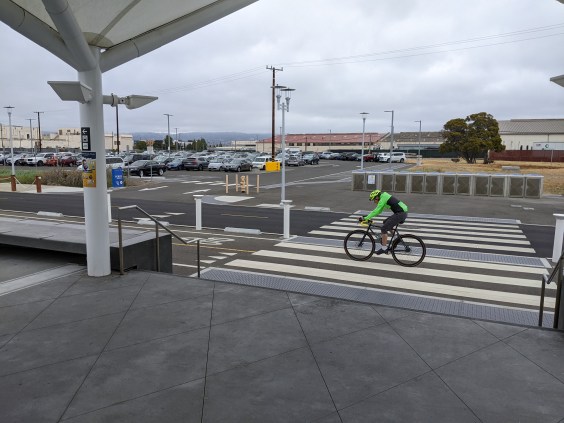Note: GJEL Accident Attorneys regularly sponsors coverage on Streetsblog San Francisco and Streetsblog California. Unless noted in the story, GJEL Accident Attorneys is not consulted for the content or editorial direction of the sponsored content.
California's Senate Transportation Committee passed several bills yesterday, as listed at the end of this post. Among them was one that seeks to dramatically change the way funding is allocated in the Active Transportation Program (ATP). It drew strong opposition, but its author, Senator Jim Beall (D-Campbell), who chairs the committee, pledged to "continue working with all parties" to find a compromise. However, he warned, "you can't please everybody."
Several committee members had concerns about the bill, S.B. 152, which would, among other things, give more control of ATP funding to regional agencies. Senator Nancy Skinner (D-Berkeley) seemed to agree with the bill's basic premise, but was surprised by the strong opposition and questioned Senator Beall about it. "I would have figured locals would have a better sense of what they need, and a better sense of the needs of disadvantaged communities within them, than a statewide entity," she said. "So I am concerned that there is opposition from advocates for disadvantaged communities, who say that is not so."
Senator Beall insisted that the regional planning process is "a better way" of allocating ATP money than the current process, which relies on volunteers to score projects against what he called a long list of criteria. "The regional planning process is more structured and more professional," he said, as well as more transparent and public.
Senator Mike McGuire (D-Healdsburg) said that the way S.B. 152 is currently worded would affect the current funding cycle, parts of which have already been allocated. He elicited a promise from Beall that the final bill would not take effect until the next cycle, which is several years away.
He then disagreed with the characterization by the bill's sponsor that S.B. 152 would be better for small urban and rural areas. "I don't think that witness lives in a rural area," he said. Instead, the bill "would negatively impact rural areas," decreasing, not increasing, the total funding available to them. "Rural California has benefited under the current ATP structure," he added.
Advocates opposing S.B. 152 said they did not think a good case had been made for the bill, and that the problems it addresses could easily be fixed within the existing process, without the need for legislation.
The current structure of the ATP can be seen as "a model of transparency and statewide buy-in," said Jonathan Matz of Safe Routes to Schools National Partnership. "It uses more than a hundred volunteers in a triple-blind process that produces unbiased results, and we would be concerned if that was taken away."
Linda Khamoushian of CalBike suggested that if the bill would not be taking effect until the next funding cycle, it might make sense to wait, or slow down the bill. That could provide time for more in-depth conversation with all stakeholders, including those who have participated in creating the current program.
"The current structure is effective," according to Julia Jordan of the Leadership Counsel for Justice and Accountability. "Disadvantaged communities have not been particularly well represented on the regional level," she added. She pointed to the example of the CV Link, a multi-use path designed to accommodate golf carts that was set to receive a large chunk of ATP funding in the last funding cycle. It was a top priority for the region, but advocates objected to its high score. While it claimed to serve several disadvantaged communities, they said that all it did was go past them, without providing access. Ultimately its score was lowered, and it did not get the funding, but it took a very transparent process, with committed, knowledgeable participants in other parts of the state, to make that happen.
Despite their hesitations, the committee voted 6-0 to pass the bill.
The Transportation Committee also passed:
- S.B. 526 from Senator Ben Allen (D-Redondo Beach), aimed at cutting greenhouse gas emissions through planning at the regional level; More on this bill in a future post.
- S.B. 59 from Senator Allen, which would create an interagency working group to come up with state planning principles for automatic vehicles.
- S.B. 402, from Senator Andreas Borgeas (R-Fresno), which would extend a pilot program to give highly polluting off-road vehicles access to public land in Inyo County.
- S.B. 371 from Senator Anna Caballero (D-Salinas), which would allow school buses to use onboard cameras to record violations of laws to stop while children are off-loading and crossing streets. That bill was opposed by the ACLU on the grounds that it could compromise the privacy of drivers who break the law.
- S.B. 7, from Senator Portantino (D-La Cañada Flintridge),which would allow nonprofit tenants of Caltrans-owned properties along the route of the now-dead 710 freeway expansion the opportunity to buy the sites.
Follow Streetsblog California on Twitter @StreetsblogCal






